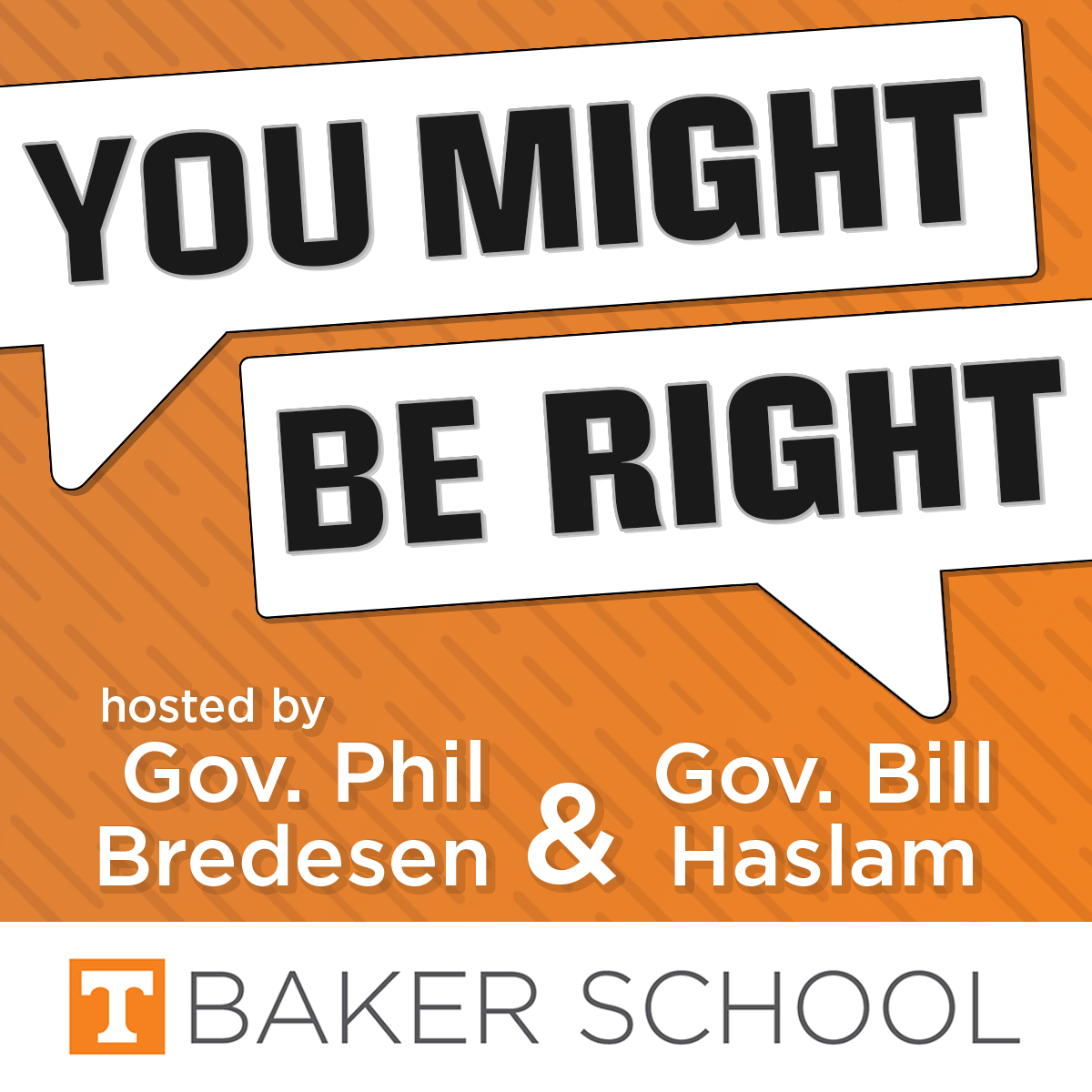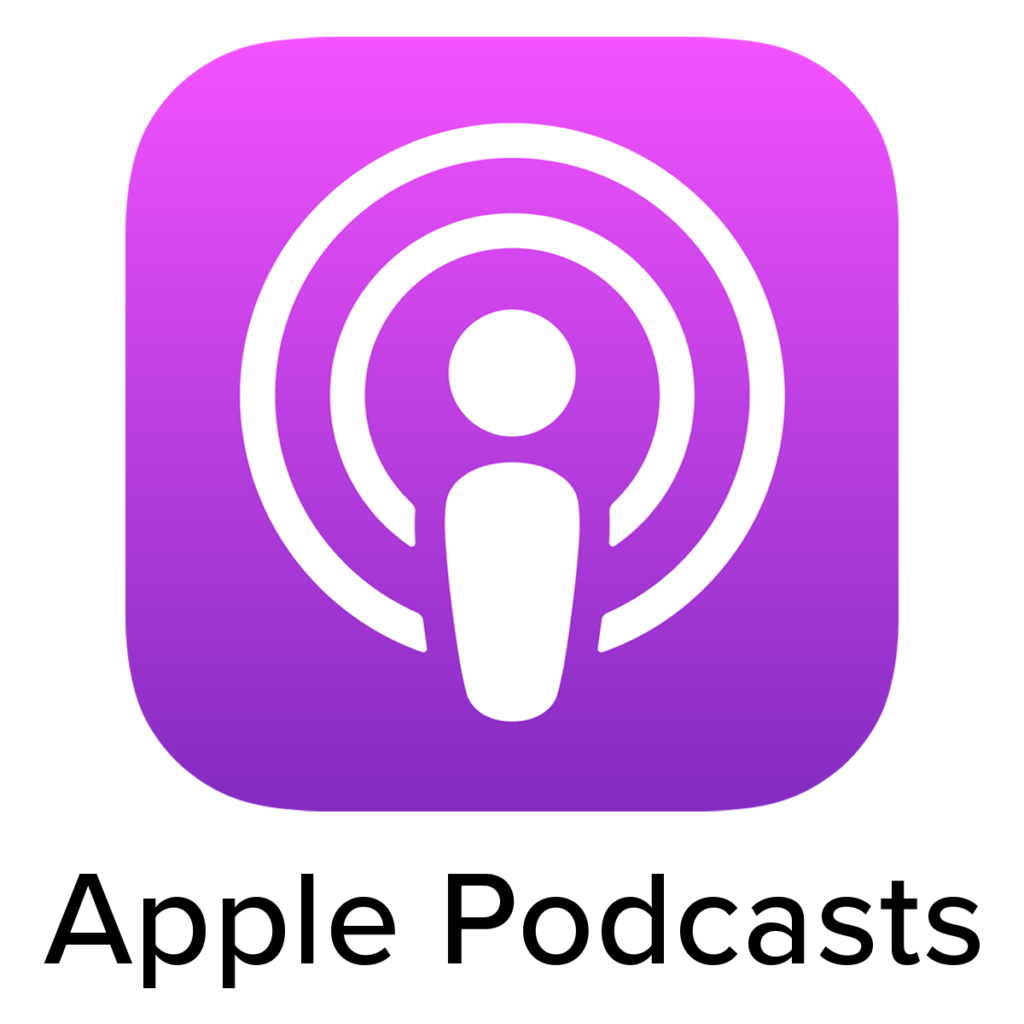Is the Federal Reserve doing its job?
For decades, the Federal Reserve has been responsible for maintaining economic stability in the United States. In recent years, it has faced unprecedented political pressure amid a rapidly evolving economic landscape characterized by inflation, global uncertainties, and changing public priorities. In this episode, our hosts, former Tennessee Governors Phil Bredesen and Bill Haslam, and their guests discuss the challenges the Fed faces in balancing independence with accountability and the potential policy reforms that could modernize its approach.
The governors are joined by Charles Calomiris, professor emeritus of financial institutions and international and public affairs at Columbia University Business School, and Austan Goolsbee, president of the Federal Reserve Bank of Chicago and a professor of economics at the University of Chicago.
Subscribe and follow You Might be Right wherever you get your audio content – including Apple Podcasts and Spotify – to never miss an episode, or sign up for our email list to receive new episodes straight to your inbox each week here.
“They won’t make themselves accountable unless we force them to be.”
Calomiris began the discussion by explaining the role and duties of the Federal Reserve.
“The Fed’s job is not to try to decide who the winners and losers are in the economy,” he explained. “It’s really trying to keep the overall level of economic activity stable and make sure that the level of inflation also remains low and stable. That’s its function.”
Calomiris noted the Fed has not always been successful at achieving that goal – in fact, he said it has “really only been successful at its job about a third of the time.” What needs to change? He pointed to the Fed’s lack of transparency and accountability to the American public.
Forcing the Fed to be more explicit and upfront about its decision making and responses to indicators such as employment and inflation would go a long way, he said, because it would “give Congress a way to ask questions that are more pointed, more germane, because it forces them to in advance say what they’re going to do, be systematic, and they can change their systematic approach.”
“One of the last places on earth that is truly driven by content”
Goolsbee added his perspective, having had a front-row seat to how the Fed works since his appointment in January 2023.
The Chicago Fed and 11 other regional Federal Reserve banks – which are nonprofits, and not government agencies, were created to ensure that control of the nation’s financial system was not entirely concentrated in Washington, D.C. and on Wall Street, he explained. He outlined the day-to-day functions of a regional Fed, from oversight of payments systems to its community development functions, as well as how the regional chairs are appointed (a search by the board).
Goolsbee then talked about the mechanics of a Fed meeting, noting that the variety of professional backgrounds and regions represented in the room means that there is “pretty decent representation within the economic realm of diversity of thought.”
“And I don’t mean to offend the Senate when I say, I think for the 21st Century, this is the world’s greatest deliberative body…Everybody on there takes it really seriously, and you can see that in the transcript. You can see that in the minutes. You can see that from the way they talk,” he said. “You join the Federal Reserve, you’re out of the elections business. It’s one of the last places on earth that is truly driven by content.”
“A bad, bad idea.”
Both guests emphasized how important independence is for the Fed itself, and for the economy.
The Fed losing independence “should bother us all as a matter of principle in our republic,” Calomiris said. “Monetary affairs are supposed to be under the authority of Congress under Article I, Section 8. But the president can exert, under the current setup, a lot of influence. That’s not what our founders had in mind.”
“The key problem the Fed faces is…presidents want things to be a little better, but then when you goose up inflation, it can be hard to bring it back down and there are lots of costs from that inflation,” he added. “So, we can’t trust presidents to really determine our monetary policy.”
Goolsbee agreed, emphasizing that the stakes are high.
“Just look around the world when there’s not Fed independence or central bank independence. Inflation comes roaring back, and growth is worse,” Goolsbee said. “So, it pains me a little that we’re in an environment where you’ve had some people literally questioning, well, maybe the Fed shouldn’t be independent, and the administration should be setting the rates. That’s a bad, bad idea.”
“100% responsibility”
Calomiris and Goolsbee had differing views about how much the Fed can impact the economy.
Calomiris discussed why, in his view, the Fed has “100% responsibility” for long-term inflation.
“If you gave me the monopoly over the supply of something and you told me that you wanted to determine its price, I could do that. The Fed has the monopoly over the supply of money. And so, when inflation happens, it’s because either the Fed did something to cause it or didn’t do something to prevent it.” he said.
Goolsbee sees more limits to the Fed’s influence, explaining that while the Fed is involved in monetary policy – setting interest rates and influencing credit conditions – it is not involved in fiscal policy and is best served to stay in its lane. “If the Fed had some authority on fiscal policy, it could influence the economy more directly, but I think it’s largely dangerous to do so. That’s the job of Congress and the president, and they can decide whatever policies that they want,” explained Goolsbee. “I always say our motto at the Fed is like in the Midwest, there’s no bad weather, there’s only bad clothing. You give us the conditions, and we figure out what’s the right jacket.”
Join the conversation on Twitter by following @UTBakerSchool, @PhilBredesen, and @BillHaslam.
Subscribe and follow You Might be Right wherever you get your audio content – including Apple Podcasts and Spotify – to never miss an episode, or sign up for our email list to receive new episodes straight to your inbox each week here.



